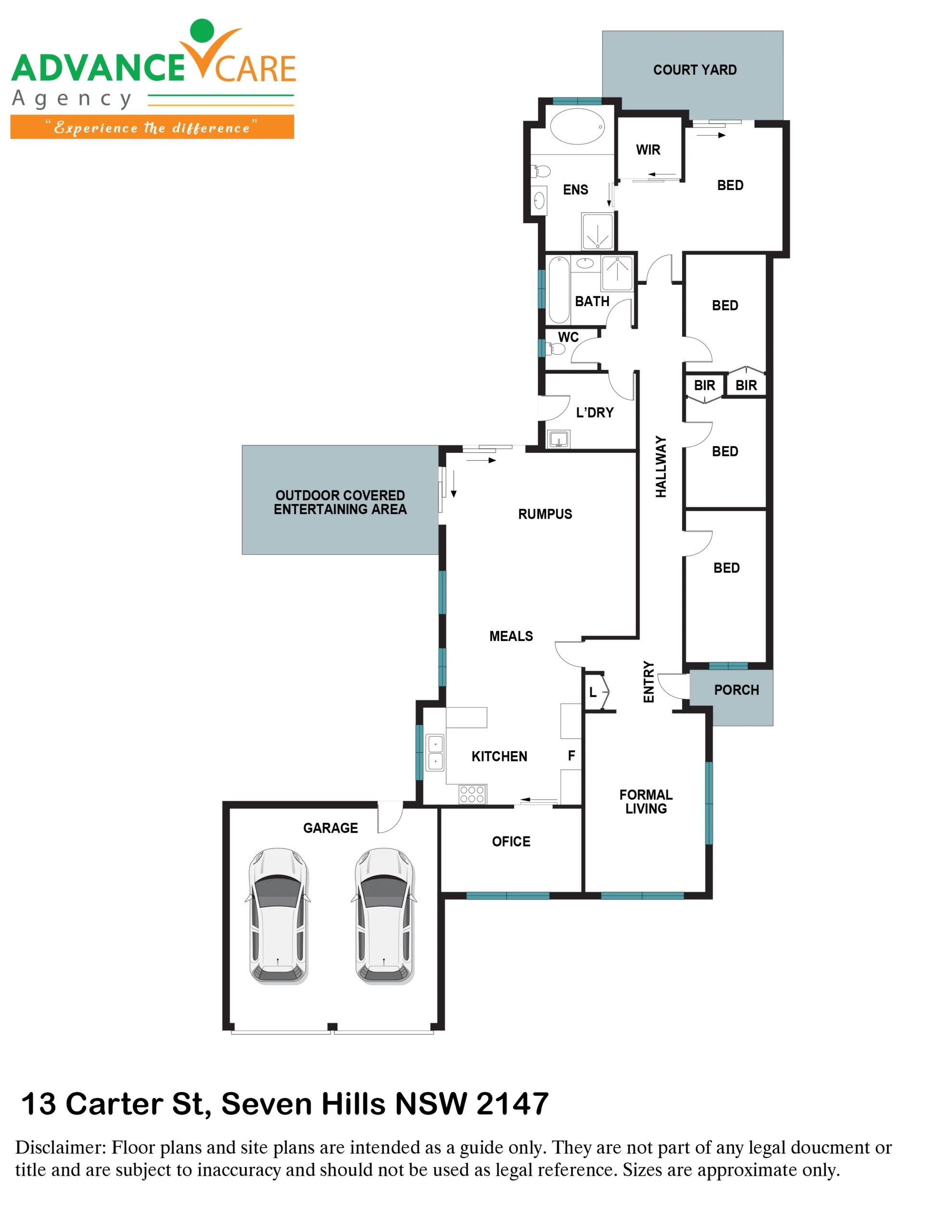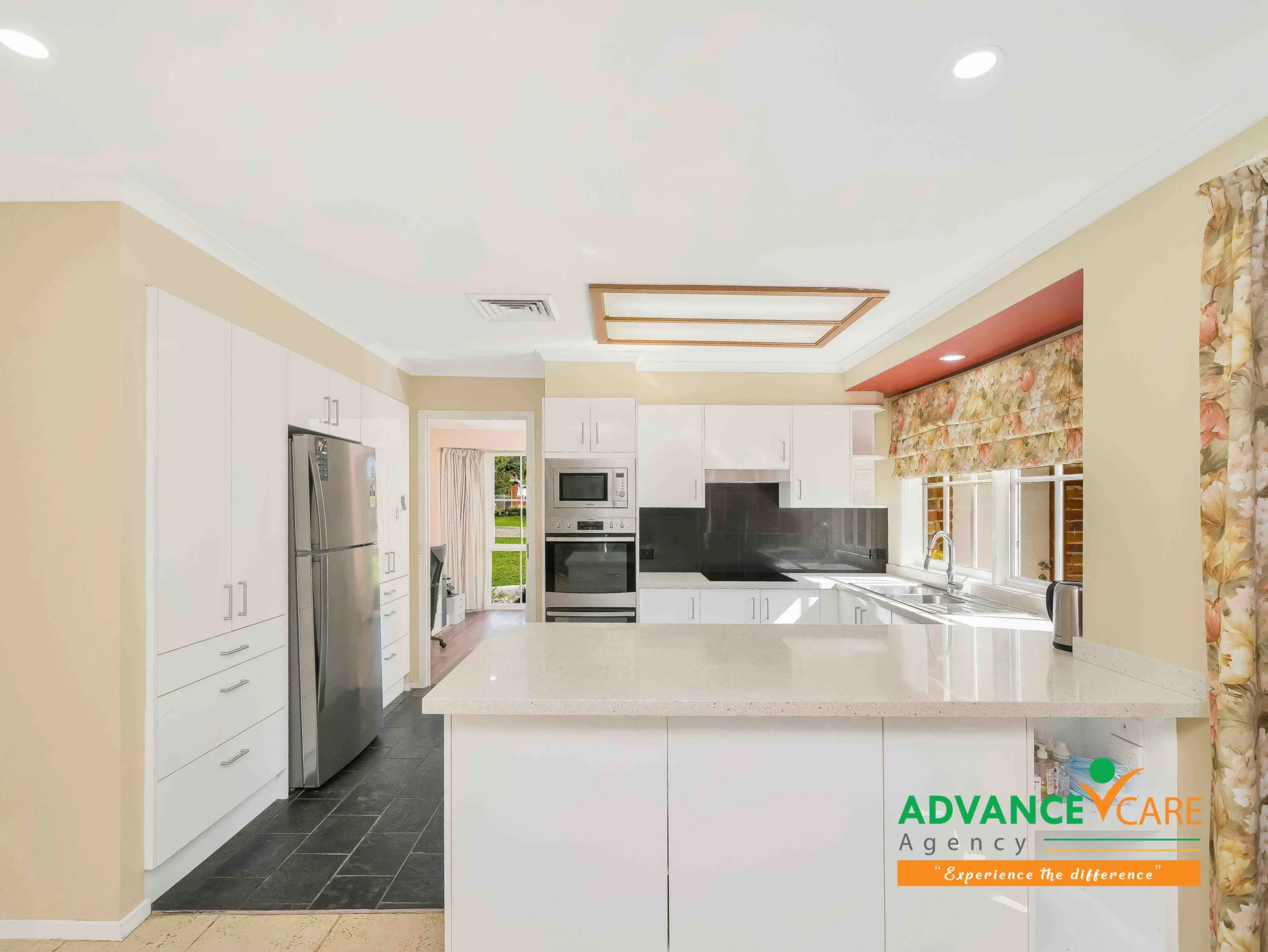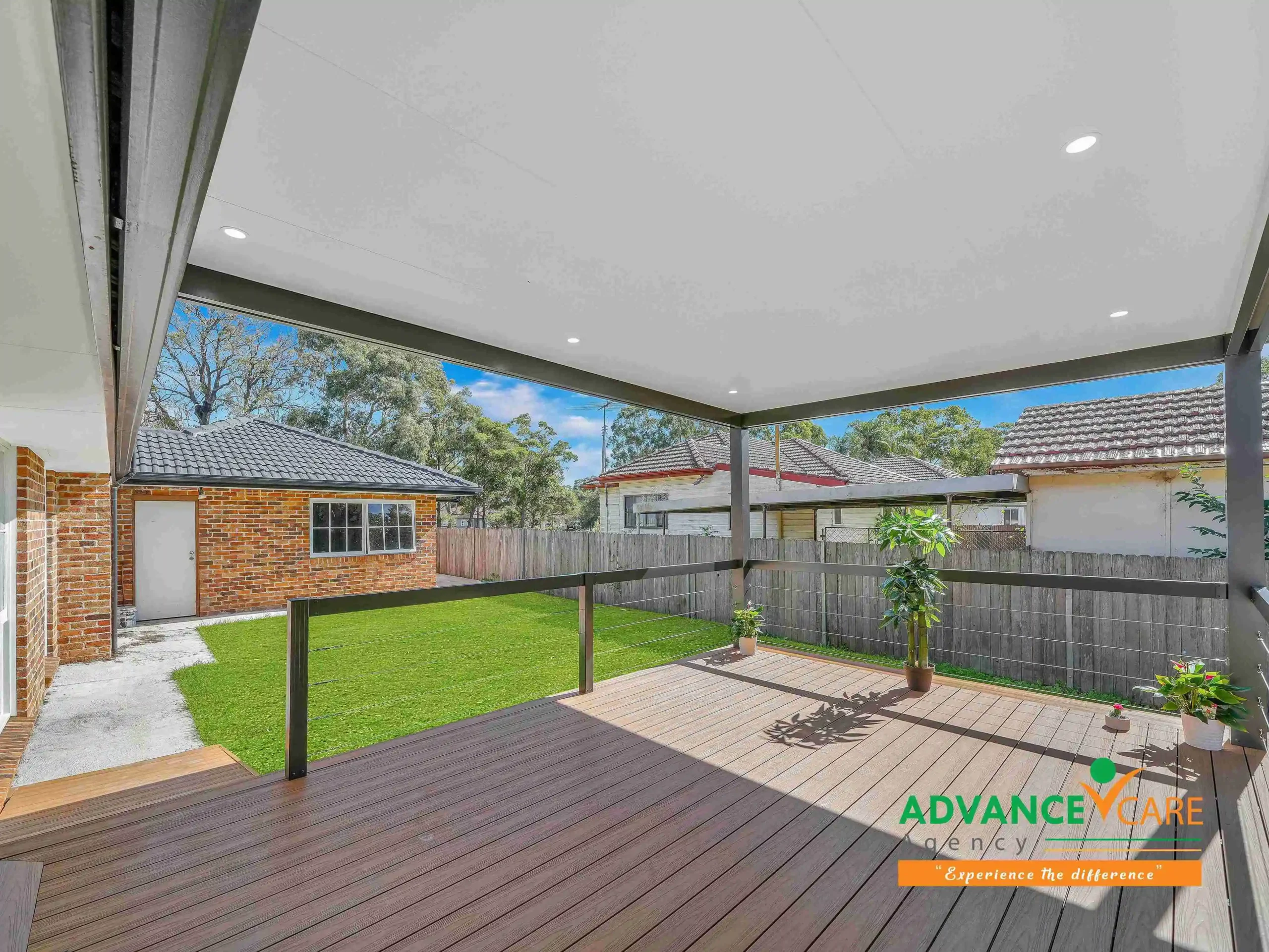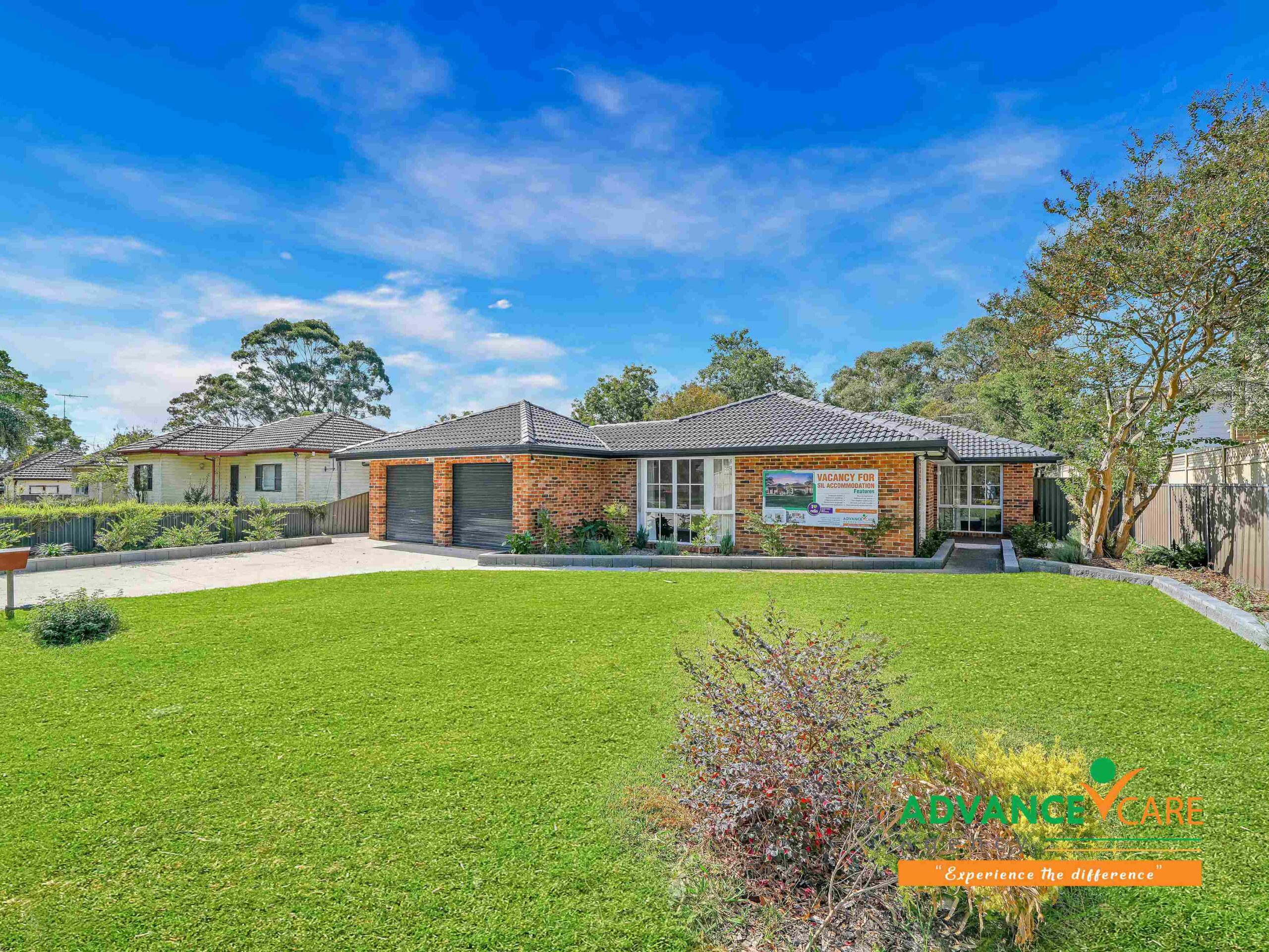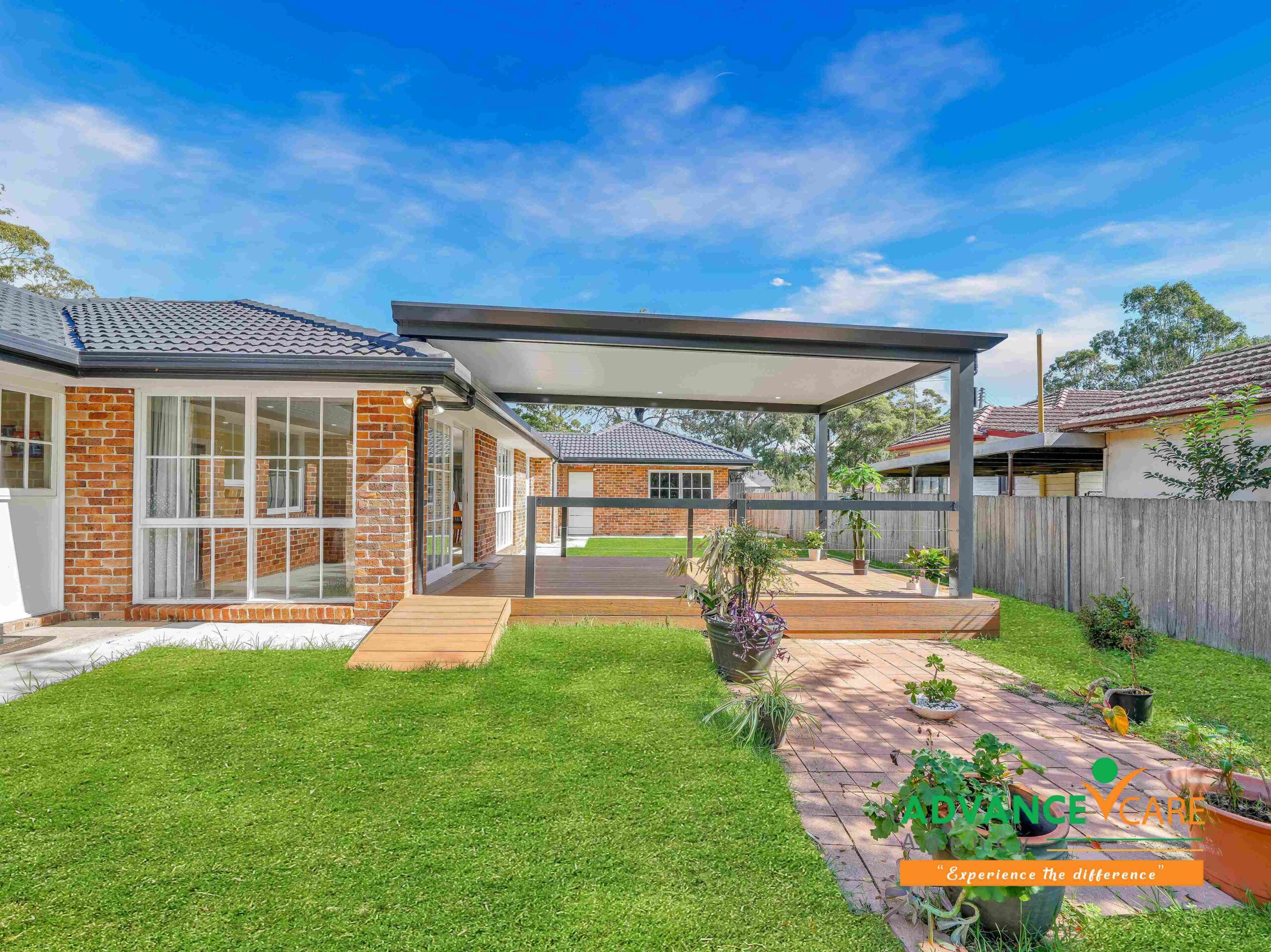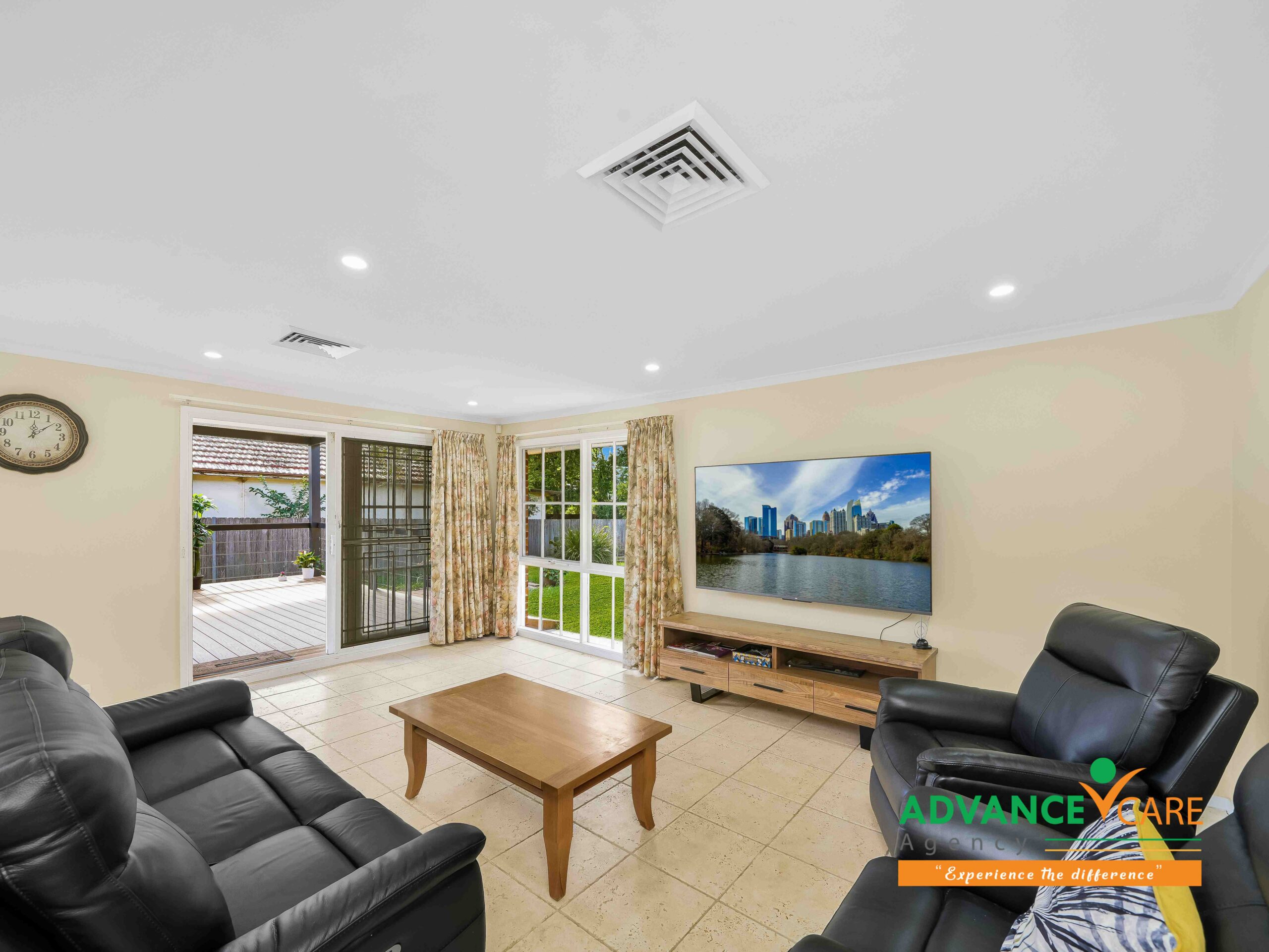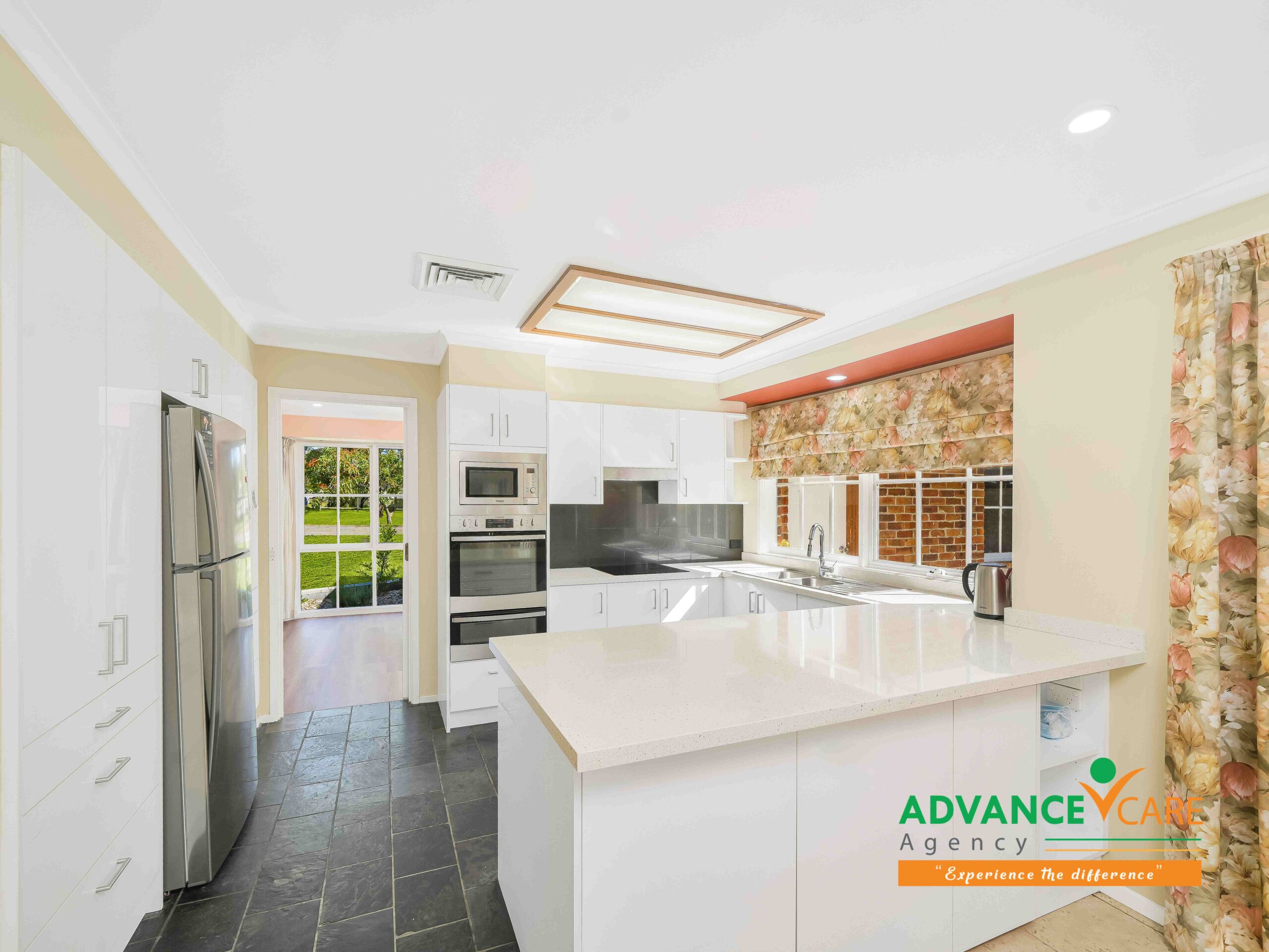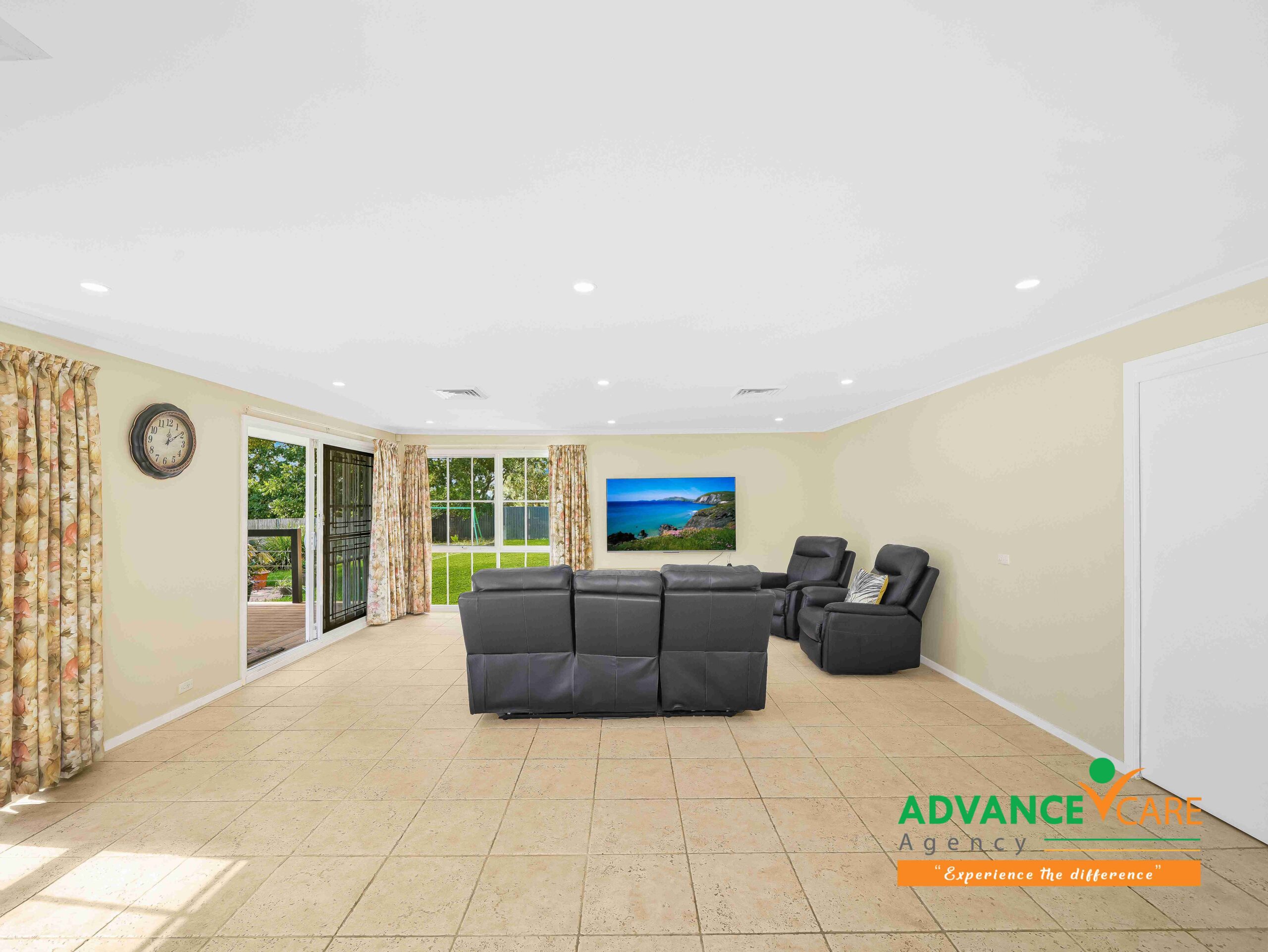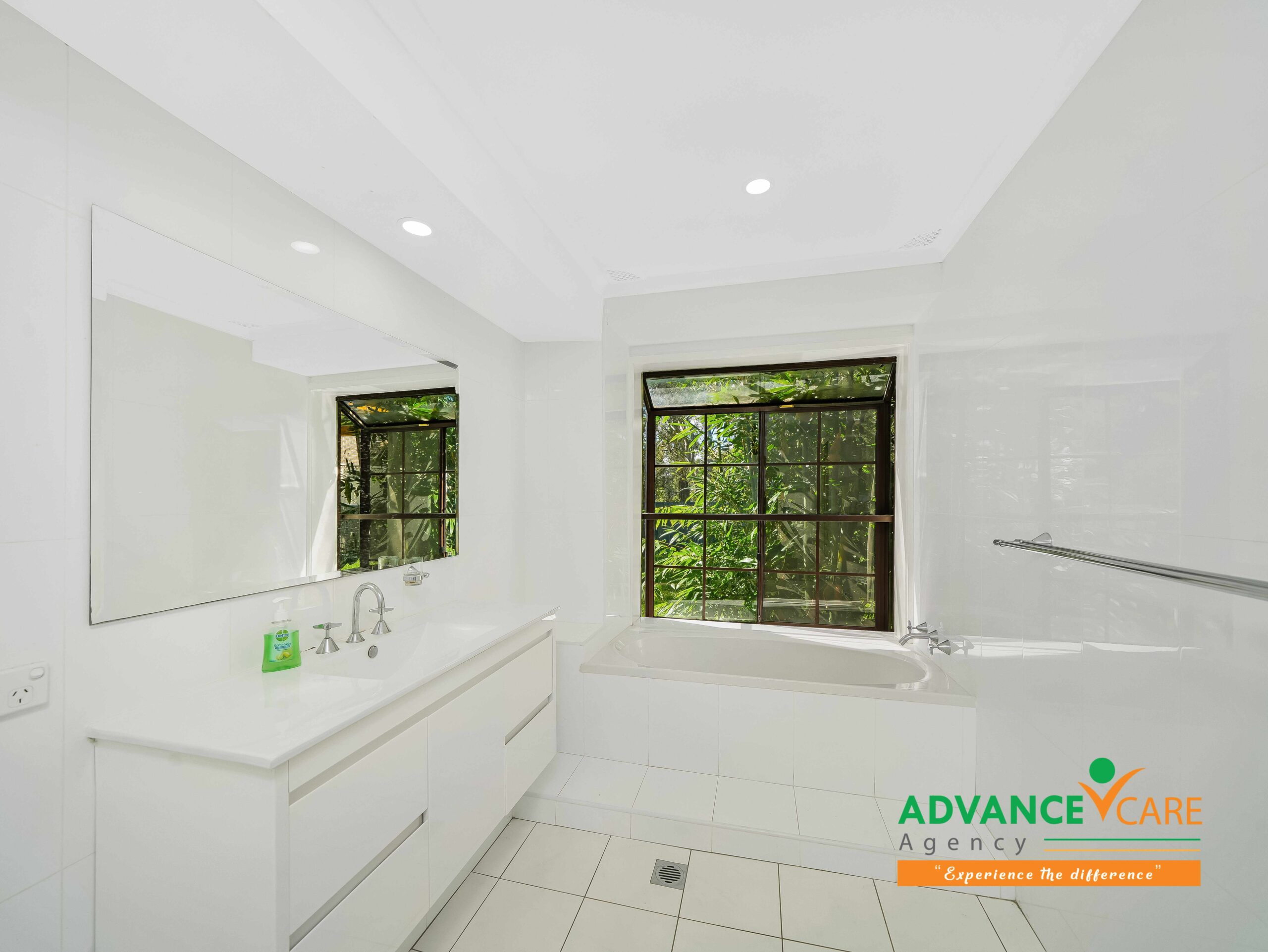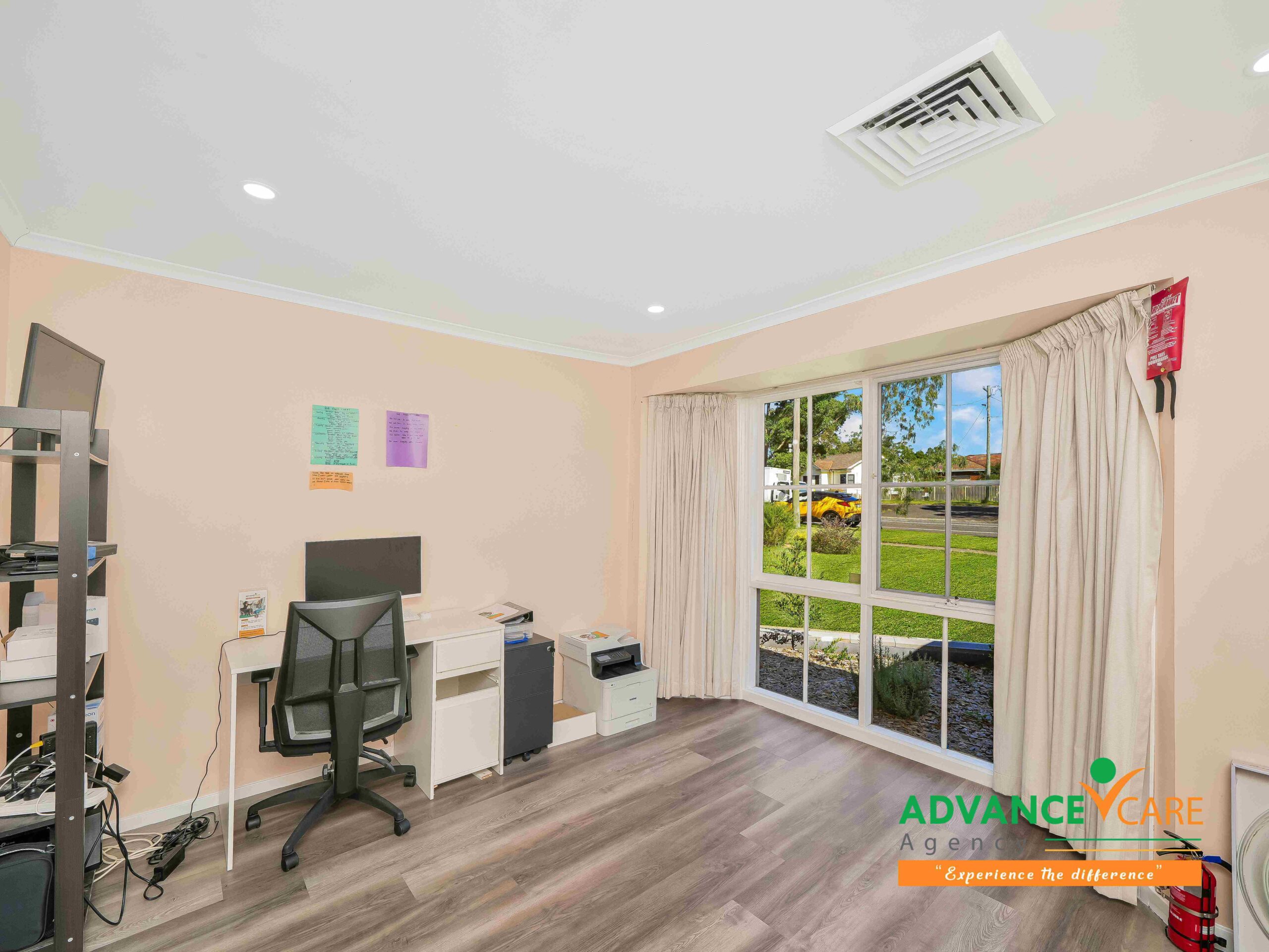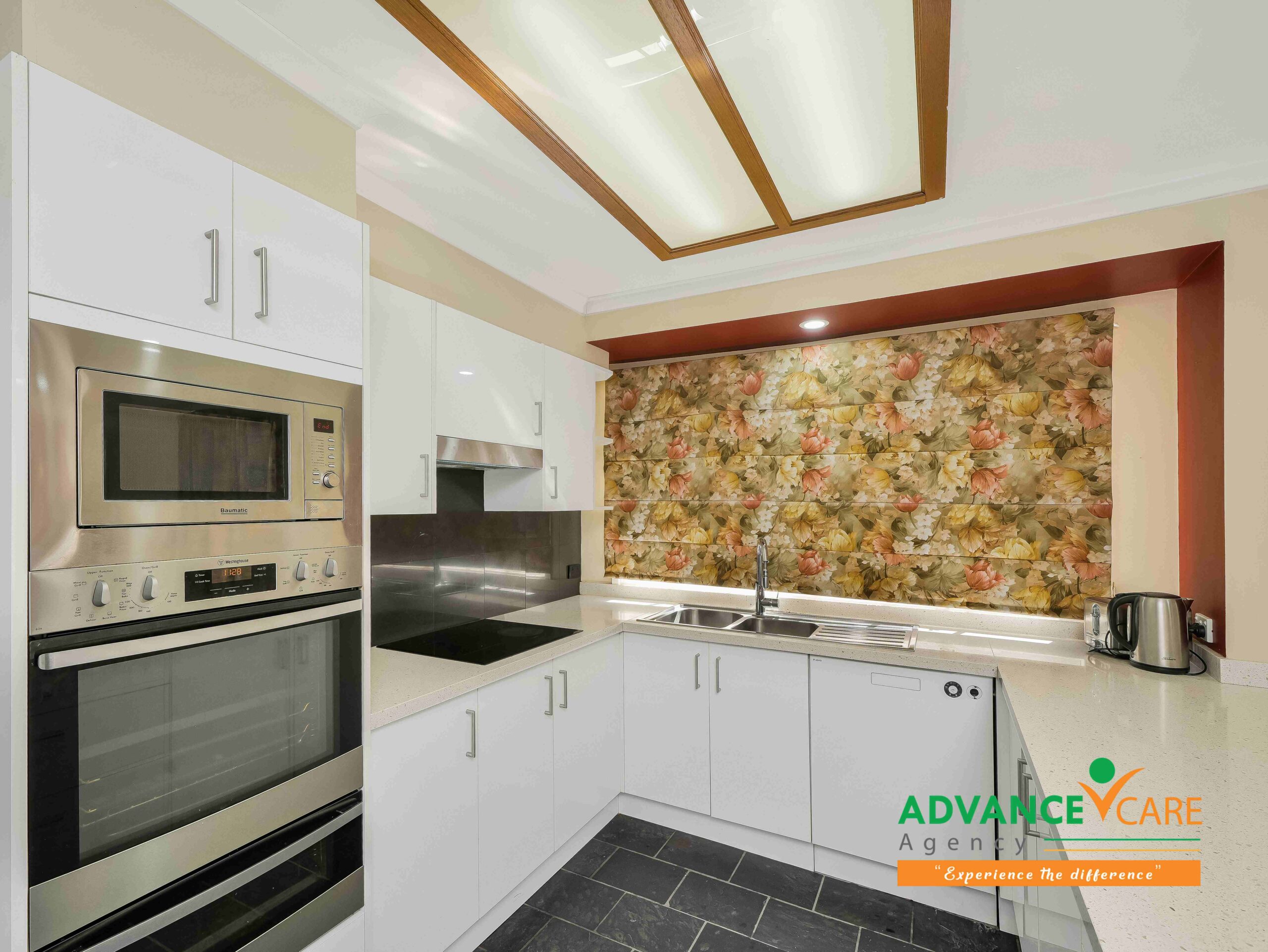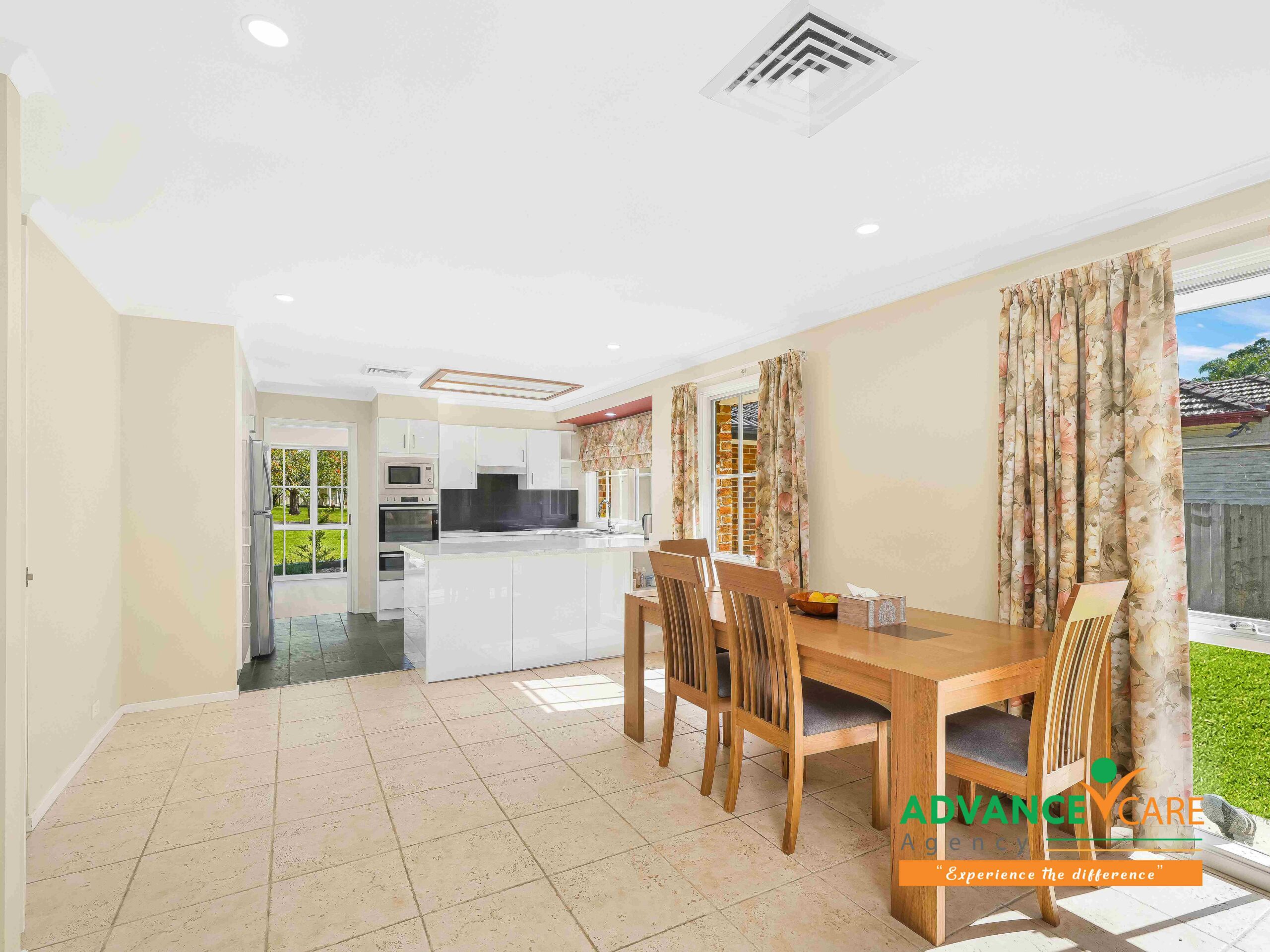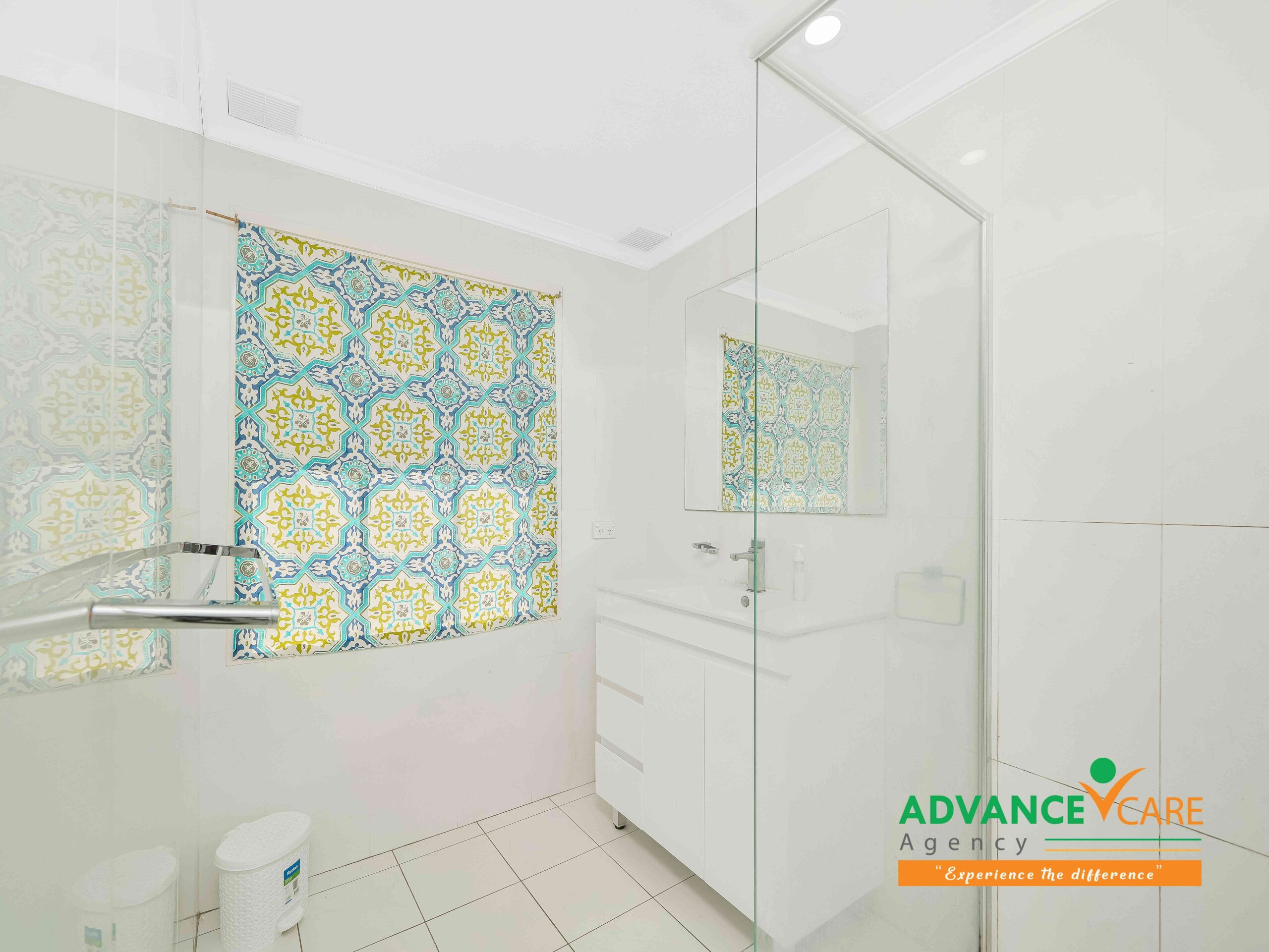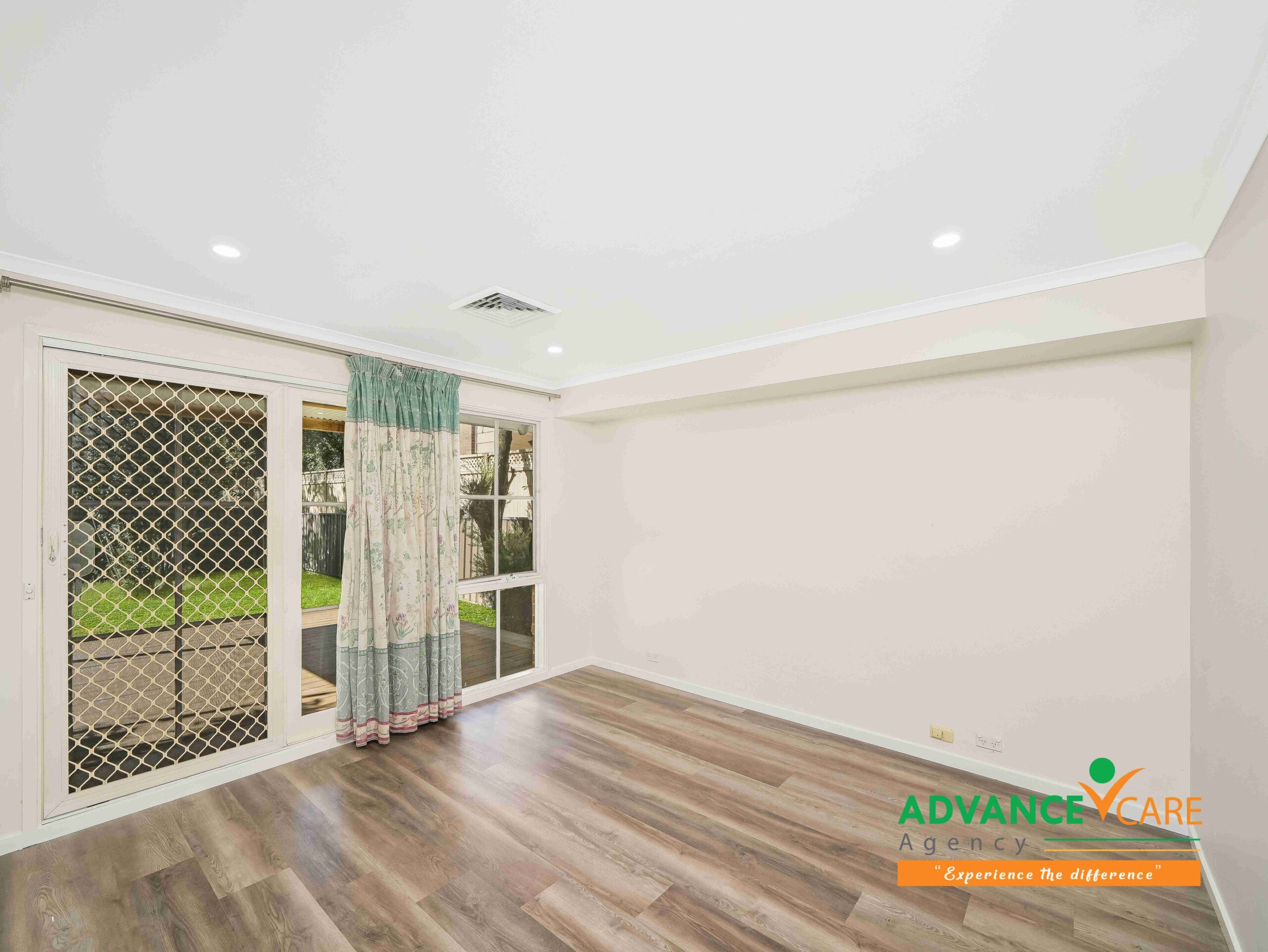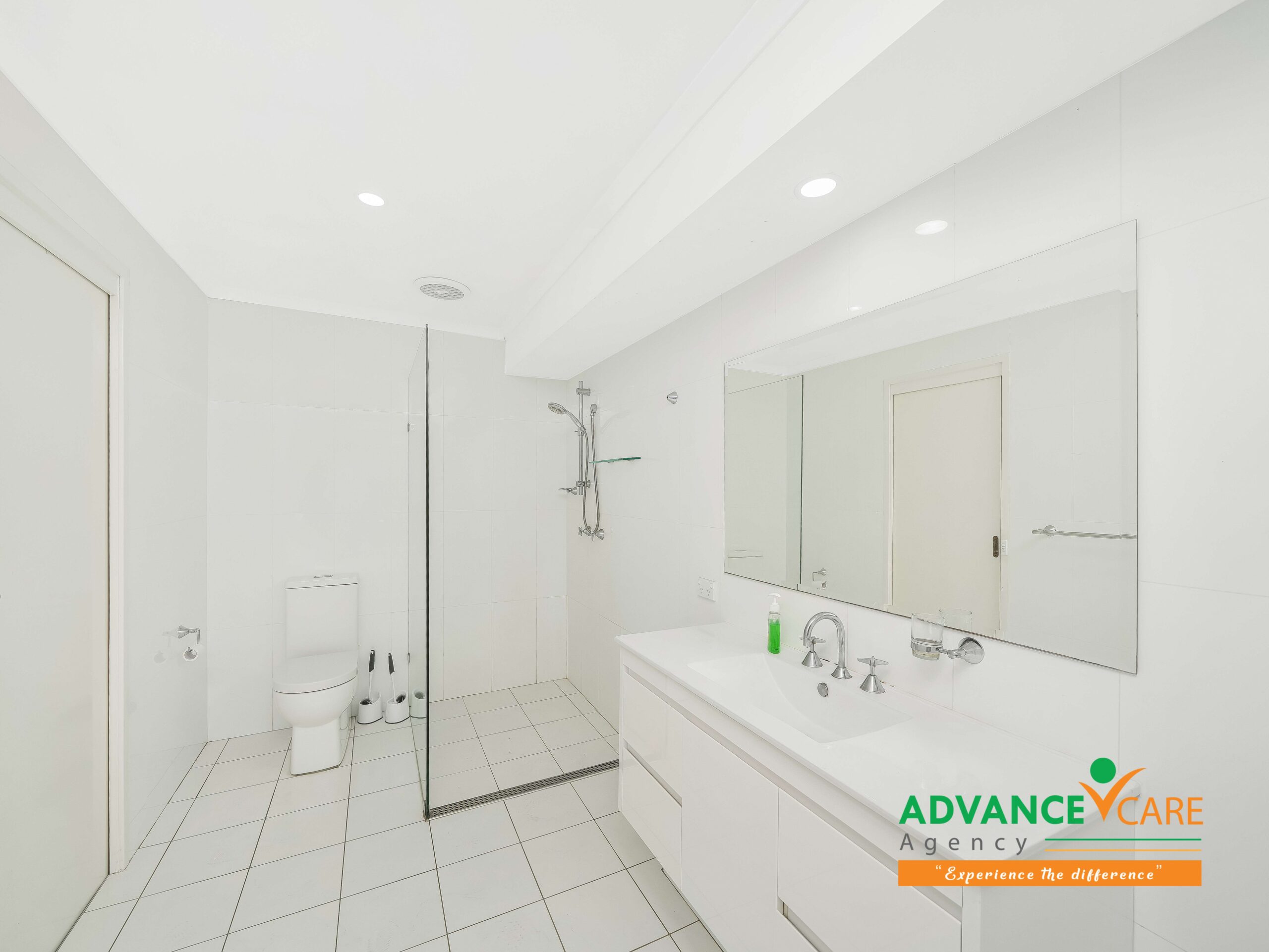SIL Vacancies: Available Now
Welcome to our comprehensive accommodation offerings in the charming Seven Hills and Orange, NSW location. Whether you’re seeking a brief stay, a cozy home for an extended period, or a comfortable medium-term arrangement, we have you covered. Our gallery showcases a diverse range of options for short term accommodation, long term accommodation, and medium-term accommodation stays, ensuring that you find the perfect space to suit your needs. Experience the convenience, comfort, and beauty of these neighbourhoods while enjoying the flexibility of accommodations tailored to your preferences.
Supported Independent Living (SIL)
Supported Independent Living (SIL) is a type of care in which people with mental illnesses and disabilities receive assistance with daily life. This is usually around the clock to help participants live as independently as possible. It can include a group of people sharing a home or a single person receiving assistance in their own home.
Many people with mental illnesses or disabilities are unable to live alone or with their families. Therefore, this group or shared housing allows them to receive day-to-day support while living in a suitable home. Everyone in the household must get along so that compatible housemates can be matched based on shared hobbies and interests.
SIL under the NDIS means that two to seven participants can share a home, each with their private bedroom.
Supported Independent Living (SIL) in Australia
Supported Independent Living (SIL) refers to people with disabilities who live independently in the community. In Australia, the National Disability Insurance Scheme (NDIS) assists eligible Australians with disabilities in living independently. Due to high demand, finding suitable SIL accommodation can be difficult. Furthermore, each house has different support staff requirements and must have suitable living arrangements for all housemates.
Assisted living assistance varies depending on your specific needs, but it may include assistance with:
- First time living on your own
- Learning how to get along with others in a group setting
- Dealing with the responsibilities of owning a home
- Preparing for the day, eating healthily, and staying healthy
- Performing household chores
People with disabilities have the same opportunities as non-disabled people thanks to the Supported Living Option. SIL enables individuals with disabilities to live with equal opportunities and fulfilling lives in their communities.
If you’re considering becoming more self-sufficient through independent living but are unsure if it’s right for you, Advance Care can help you make that decision.
Supported Independent Living eligibility for NDIS
To be eligible for SIL services, you must have a current NDIS plan with SIL funding or Disability Support for Older Australians Program (DSOA) funding.
The National Disability Insurance Agency (NDIA) has a set of criteria for accessing funding for SIL based on ‘reasonable and necessary supports.’ To be eligible for SIL funding, you must:
- Provide evidence that you are unable to live without 24-hour assistance. This is recognised through an Allied Health professional’s Functional Assessment Report (FAR).
- A support coordinator should provide a report on Identifying Housing Solutions.
Any informal supports provided by family members, caregivers, networks, and the community must also be considered when determining SIL eligibility. The supports must be adequate, tailored to the individual, and beneficial. Advance Care can assist you in deciding your funding eligibility.

Levels of support and living options that Supported Independent Living provides
Everyone with a mental illness or disability is unique and thus has different support needs. The NDIS has identified three levels of support for which SIL is funded:
Lower requirements – not usually required 24 hours a day, seven days a week. Supervision of living arrangements is included.
Standard requirements – round-the-clock assistance. This includes most daily tasks, assistance, supervision, and overnight sleepovers for the Support Worker.
Higher needs entail active support 24 hours a day, seven days a week, including overnight. Includes frequent dealing with challenging behaviours that necessitate positive behaviour support and assistance with daily tasks.
Who can access Supported Independent Living?
Advance Care assists people with disabilities who live with their families or in their homes. We help people in all aspects of their lives, including daily living, home management, budgeting assistance, and access to healthcare service providers. We also help people develop relationships and become involved in their community.
The Advance Care team’s goal is to assist in areas where the person is struggling so that they can develop independent life skills and live as self-sufficiently as possible.
The level and type of support you require to live as independently as possible determines the SIL assistance you receive. Some people may need significant assistance developing independent living skills, whereas others may only require minimal assistance managing daily tasks.
According to NDIS guidelines, there are several factors to consider when determining how much SIL assistance you require, including:
- Your specific circumstances and requirements
- Your age is (SIL is funded for people aged 18 and over)
- Your objectives and preferences
- Your requirements for independence, living skills, and capacity development
- If home modifications or assistive technology can increase your independence and safety,
- You, health professionals, and providers provided information, reports, and assessments.
- If you require person-to-person support as a result of your disability,
- Other living and housing options that may improve your independence
Supported Independent Living (SIL) Funding under the NDIS
SIL is referred to as Assistance with Daily Living (ADL) in the NDIS Core support budget. It is self-funded, and everyone in the household can share the benefits.
Including SIL funding in your NDIS plan is a time-consuming process that will not happen overnight. It is a lengthy procedure because there are numerous steps that various people must complete.
At your NDIS planning meeting, the NDIA will evaluate the following:
- Your objectives and your age
- If you believe that other supports or changes would be more beneficial to you,
- How self-sufficient you are now
- What services offer the best value for money?
- If you need assistance with tasks for the majority of the day
Advance Care Accommodation and Supported Independent Living Services Provider
Advance Care recognises that moving out of the house and finding your place is essential to independence, so we provide various disability housing options. Our SIL services include shared accommodation, in which residents live in shared housing with 24-hour support, and independent living options, in which you can live in your own home and have support workers drop in.
We’re here to help you get the most out of your NDIS Plan as a registered supported independent living provider. We accomplish this by assisting you with daily tasks and teaching you new skills to improve your quality of life.
With trusted people, you can concentrate on what’s important, work towards your goals, and feel confident that you can live freely on your own or with housemates.
FAQ Supported Independent Living (SIL)
Supported independent living is the name given to NDIS funding that assists people with disabilities in living as independently as possible.
SIL funding is typically reserved for people who require round-the-clock assistance while living in a shared home. It exists to cover the costs of the house’s support staff.
A Supported Independent Living (SIL) provider is an entity that delivers assistance and services to people with disabilities, enabling them to lead independent lives within their communities. Advance Care Agency serves as an NDIS SIL provider, providing customized support to foster self-sufficiency and independence for their clients.
The main difference between Specialist Disability Accommodation and Supported Independent Living is that SDA pertains to the physical housing designed for people with significant impairments, while SIL is a support service that assists individuals with disabilities in living independently. SDA addresses accessibility and safety, whereas SIL offers help with daily tasks, personal care, and skill development.
It is determined by the size of the house (either Specialist disability accommodation or SIL Accommodation) and the needs of the residents. We ensure that you are well matched within your new home based on your individual needs, ensuring that your housemates have compatible personalities, and support needs, are close to your age, and share some of your interests.
If you become ill while in SIL, a support worker will be assigned to assist you at home if you are unable to attend to your regular daily activities such as work or day programmes. A support worker can also help you seek medical treatment and attend appointments if necessary. If your illness is severe, your caregivers will arrange for an ambulance to transport you to the hospital.
The NDIS scheme funds SIL for eligible people, and the package details are as follows;
- Individual NDIS package (core supports)
- Independent Living Supported by the NDIS (SIL)
- Government support (prior to NDIS)
- Personal Insurance
- Government insurance programme (example TAC, NIIS)
If you want to increase your support levels or determine your eligibility for Supported Independent Living packages and assistance, Advance Care can help. Rent and other day-to-day living expenses are not eligible for supported independent funding.
Supported Independent Living allows people to live independently in their own homes, be active members of their communities, and grow as individuals while working towards their goals.
We believe that the right to individual support can significantly improve the lives of people with disabilities and their support networks. Our SIL plans are based on the individual’s needs as identified by them and those closest to them.
Some of the most significant advantages of Supported Independent Living include:
Maintaining a more social life
Increasing your independence and self-assurance
Having more say over your choices
Developing daily living skills to lead a healthier lifestyle

